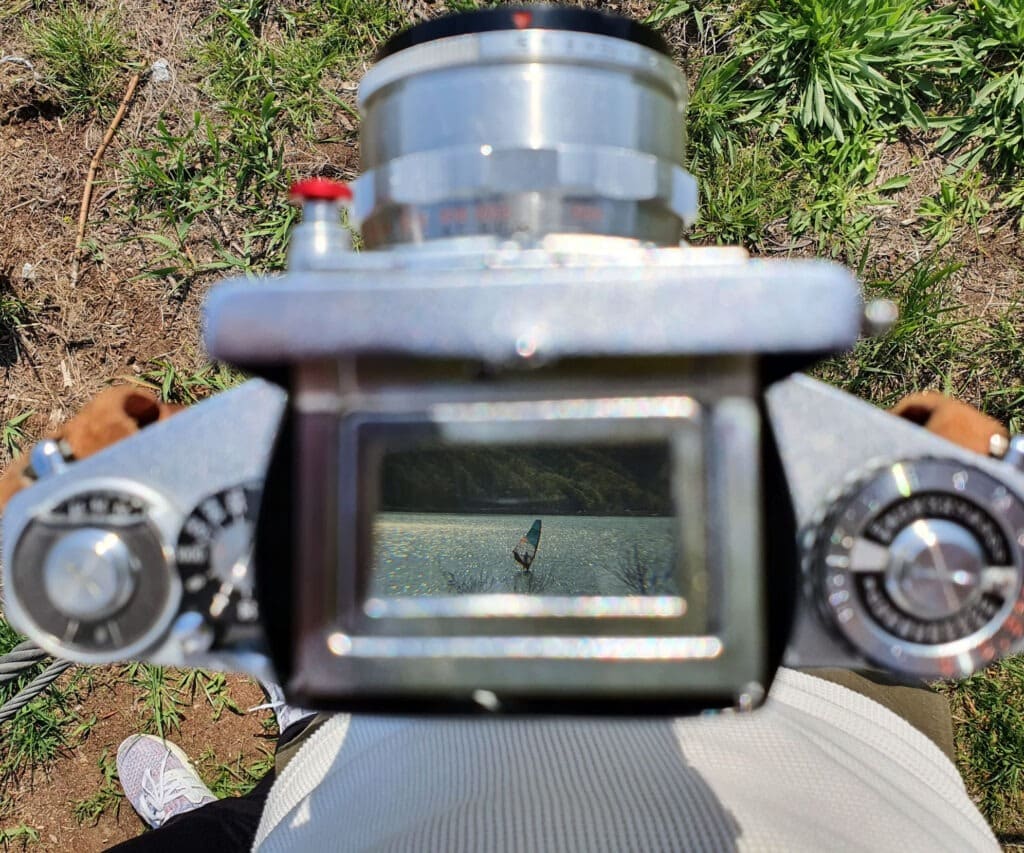
At Khayan, we believe transparency isn’t just a professional courtesy—it’s the foundation of trust. When clients rely on our research to shape decisions, they deserve to understand exactly how we arrived at each conclusion. That’s why we build transparency into every stage of our process—from the first draft of a survey to the final report on your desk.
One way we do this is by actively minimizing bias before it takes hold. In survey design, we invite clients to collaborate with us, ensuring that every question asked is neutral, relevant, and aligned with the core objectives—not just assumptions. We pilot test our surveys with a small sample and share those early results with you. This helps us catch any red flags and gives you the chance to refine before the full rollout. We also design our sampling strategy to avoid blind spots. That means including both urban and rural voices, different income levels, and a range of perspectives to reflect the full picture—not just a convenient one.
But transparency doesn’t stop at methodology. We open up the process itself. If you ask for raw data, we’ll give it to you. If you want to know who did the fieldwork, we’ll tell you—because where your data comes from matters. Our own trained field team conducts interviews, so you’re not left wondering if your insights came through third-party hands. And every project we run includes clear documentation: how participants were recruited, how many completed the study, and how the data was reviewed before analysis. No guessing. No gaps.
We also make sure you’re never left waiting for answers. During data collection, we check in with regular updates—sharing sample counts, field observations, and any early patterns we see. If something unexpected comes up, we don’t push it aside—we pause and fix it together. Our goal isn’t just to deliver a report. It’s to make sure the findings are solid and that you feel confident using them.
In our final reports, we go beyond delivering answers—we explain how we got there. That means walking you through the methodology, the decisions made, and the questions we’re still exploring. At Khayan, we don’t expect blind trust. We share the thinking behind the findings, so the insights stay useful—not just today, but in every decision that follows.


